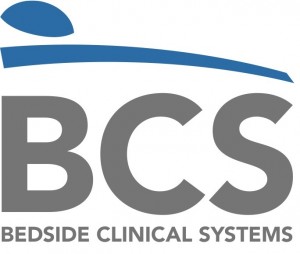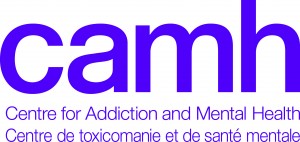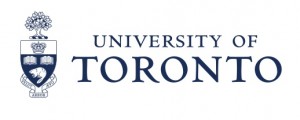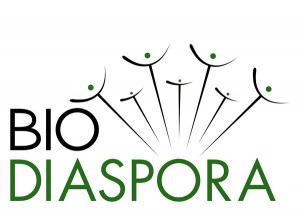BCS’s Bedside PEWS™ covered in Hospital News

Bedside Clinical Systems‘ (BCS) flagship product, the Bedside Paediatric Warning System or BedSidePEWS™, was covered in the February 2014 edition of Hospital News.
The article, written by Rajesh Sharma who is president and CMO of BCS, explains how the technology helps decrease the amount of code blues in paediatric patients.
Invented by Dr. Christopher Parshuram of the Hospital of Sick Children (SickKids), Bedside PEWS™ is now in three hospitals in Canada, the United States and New Zealand. The technology received FDA approval last year.
Here’s an excerpt from the article:
The program digitally logs, charts, and evaluates seven vital sign items thst sre part of routine clinical assessments and then summarizes them into a singly score. From the BedsidePEWS™ score, care providers can better match the level of care with the patient’s required needs, thereby improving patient outcomes and reducing the number of urgent calls, code blue incidents and related deaths.
“Identifying at-risk patients is significant since approximately 5,000 children in North America experience a code blue event each year, from which too many children die or sustain neurological deficit. BedsidePEWS™ hopes to improve outcomes for these patients and their families,” says Dr. Parshuram.








